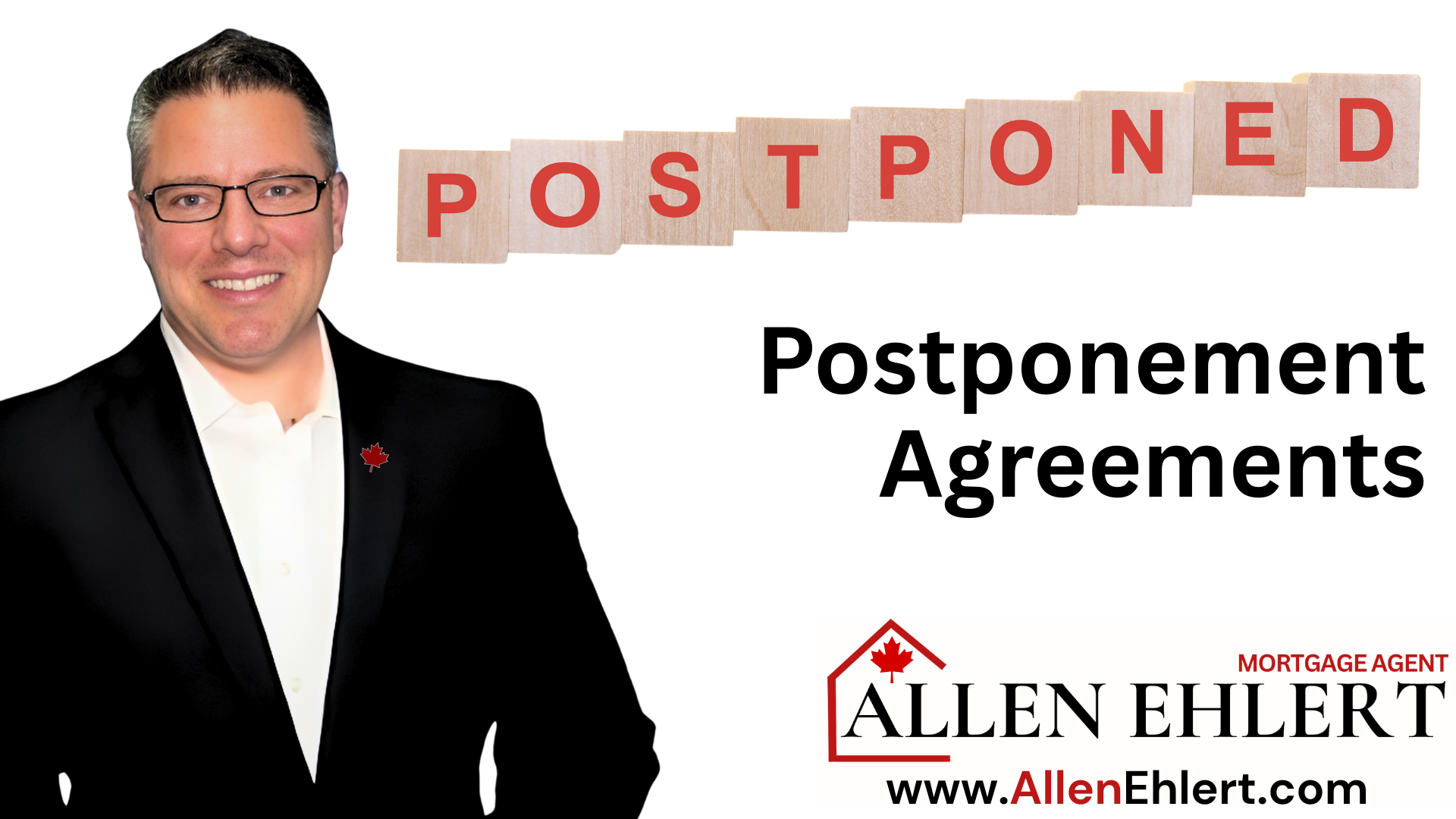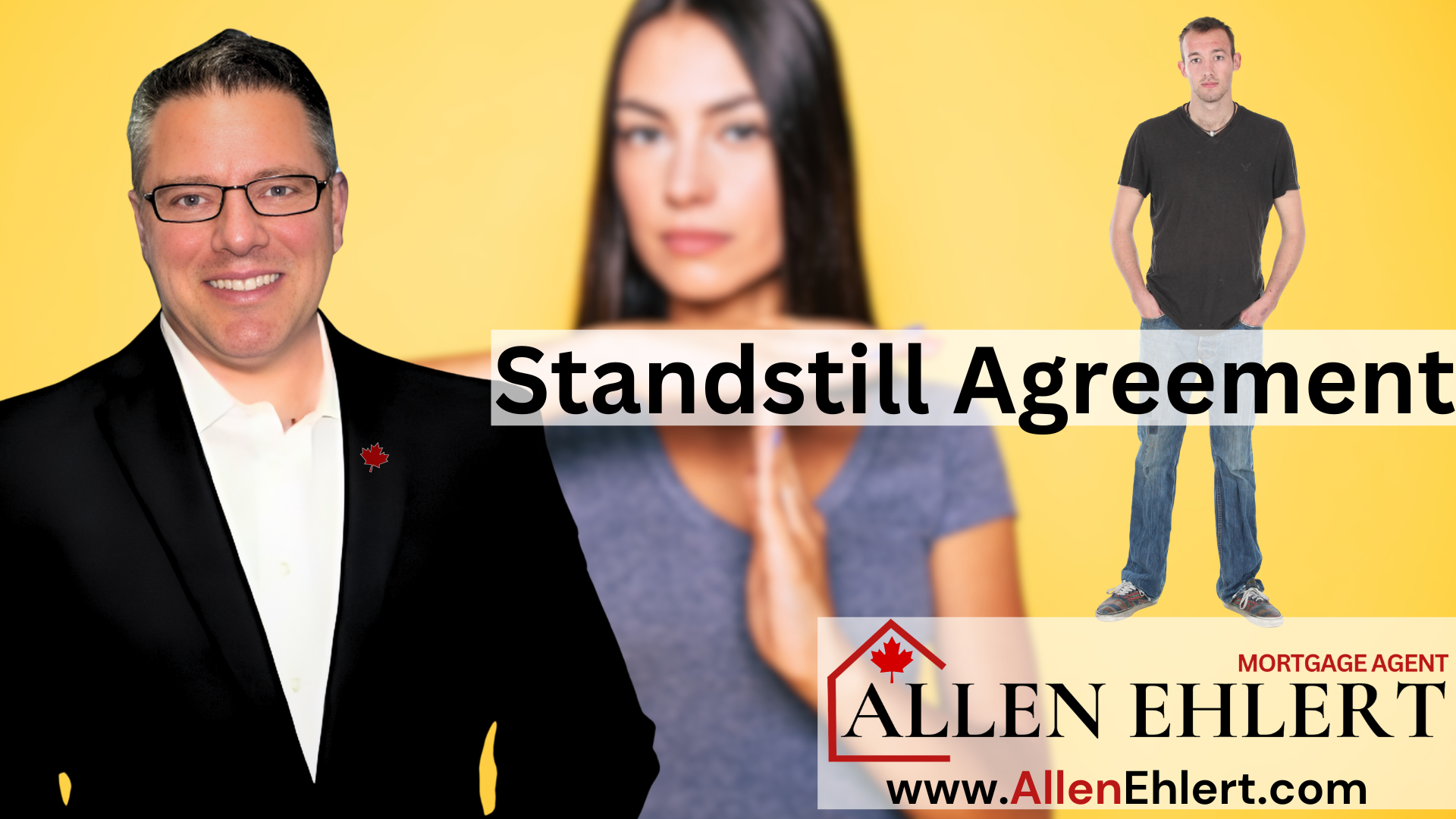… and why it matters when getting a mortgage
If you’re applying for a mortgage in Canada and your broker suddenly asks you whether you’re a “Politically Exposed Person,” your first reaction might be, “What the heck is that, and why does it matter to my mortgage?” Don’t worry—you’re not alone. It’s a question that surprises a lot of folks, especially if they’ve never heard of it before. But in the world of compliance, anti-money laundering laws, and financial accountability, it’s a big deal—and knowing what it means could save you from delays, audits, or even legal headaches.
Let’s break this down in plain English so you can walk into your next mortgage meeting fully informed and stress-free. Here’s what we’ll cover:
Politically Exposed Domestic Persons
Politically Exposed Foreign Persons
Heads of International Organizations
Why You Have to Declare If You’re One
What Happens If You Lie About Being One
How I Can Help as Your Mortgage Agent
Politically Exposed Domestic Persons (PEDPs)
These are folks who hold—or have held—prominent positions in Canada, typically in government or high-ranking public roles. Think Members of Parliament, Senators, deputy ministers, provincial premiers, and judges. It also includes their family members (spouses, kids, parents) and even close business partners.
Now, just because Uncle Joe used to be a federal cabinet minister doesn’t mean you’re being accused of anything shady. The rules are just set up to create transparency and keep a watchful eye on people in positions of public trust. There’s a higher risk that money connected to these roles could be used improperly—so financial institutions are required by law to take extra precautions.
Politically Exposed Foreign Persons (PEFPs)
This one covers individuals who hold similar high-level positions, but in foreign countries. This includes heads of state, ambassadors, generals, or senior members of foreign governments. Again, family members and close associates are included.
Canada, like many countries, is serious about preventing its financial system from being used for money laundering, terrorism financing, or tax evasion by foreign power players. So if you’re a PEFP—or related to one—you’ll face a few more questions during the mortgage process. That’s not judgment. That’s just the law keeping things above board.
Heads of International Organizations (HIOs)
Here we’re talking about people at the helm of large, international bodies like the United Nations, the World Bank, or NATO. If you’ve ever been the head of such an organization, or are closely related to someone who is or was, you fall into this category.
Like the others, this doesn’t mean you’re not trustworthy. But given the global influence and access to funds these roles carry, regulators want financial institutions to do a little more due diligence when people in these categories are applying for loans or financial products in Canada.
Why You Have to Declare If You’re One
Here’s the plain truth: Canada has some of the strictest anti-money laundering and anti-terrorist financing laws in the world. The Financial Transactions and Reports Analysis Centre of Canada (FINTRAC) requires mortgage agents and lenders to flag certain risks. PEPs, PEFPs, and HIOs fall into the category of higher-risk individuals.
So when you’re asked if you’re a politically exposed person, it’s not personal. It’s policy. It helps the mortgage lender stay compliant, and it helps keep our financial system clean and transparent. It’s a bit like airport security—it may feel invasive, but it’s there to protect the integrity of the system we all rely on.
What Happens If You Are One
If you are one of these individuals, don’t panic. It doesn’t mean you can’t get a mortgage. But here’s what will happen:
- The lender will likely request more documentation—things like source of funds and declarations about where the money is coming from.
- Your file will go through enhanced scrutiny and may take a little longer to process.
- You may be asked to fill out additional compliance forms, and in some cases, there may be internal or legal review.
It’s like going through a second set of customs. It may be more paperwork, but it’s entirely manageable with the right help.
What Happens If You Lie About Being One
This is where things get serious.
Lying on a mortgage application—especially about something like being a PEP—isn’t just frowned upon. It’s fraud. And fraud is a criminal offense. If it’s discovered that someone lied to avoid enhanced scrutiny or documentation, the consequences can be significant:
- The mortgage can be cancelled—even if you’re already funded.
- The file can be flagged with FINTRAC.
- You could face legal action, criminal charges, or be permanently blacklisted by lenders.
In short, it’s just not worth it. The truth might add a few extra steps, but dishonesty could stop your homeownership journey dead in its tracks.
How I Can Help as Your Mortgage Agent
Look, this stuff can be confusing. If you’re sitting there thinking, “I’m not sure if my father-in-law counts, and I don’t want to screw this up,”—that’s where I come in.
As your mortgage agent, my job is to walk beside you through the entire process—not just to get you the best rate, but to make sure you’re protected, informed, and on solid footing. Here’s how I can help:
- Clarifying your status: I’ll help you determine whether you fall into one of these categories and explain how it affects your application.
- Gathering the right documentation: I’ll guide you through what lenders will want to see so you’re prepared.
- Navigating compliance: I’ll communicate directly with lenders on your behalf, making sure your file is accurate and compliant without overwhelming you.
- Protecting your approval: I’ll flag any issues before they become problems and work to ensure your mortgage doesn’t get held up in the eleventh hour.
Allen’s Final Thoughts
At the end of the day, being a Politically Exposed Person doesn’t mean you’ve done anything wrong—it just means you’ve got a little more attention on your file. Think of it as being in the VIP section of mortgage underwriting: there’s a velvet rope, and we just need to make sure your name’s on the list, your paperwork’s in order, and the security team (aka the lender) knows what to expect.
So if you’re unsure, overwhelmed, or just want someone in your corner who understands the ins and outs of this process, I’m here for you. I’ll take care of the heavy lifting, handle the fine print, and keep your mortgage moving forward.
Because no one should lose sleep over what box to check on a form. You’ve got enough on your plate—I’ve got this part handled.












